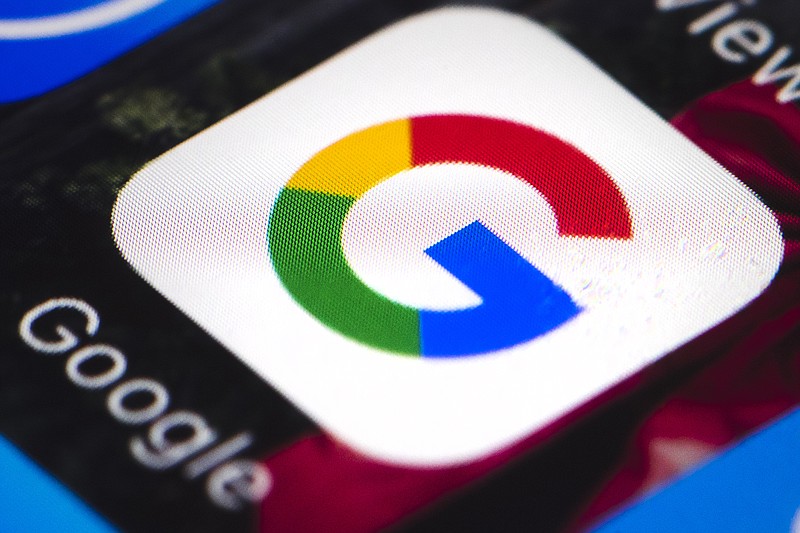Short attention spans are spooky.
I can see it in our children, ages 11 and 16, who flit through YouTube videos like honeybees in a field of flowers.
Suggest to them watching a full-length movie or a nine-inning baseball game, and they'll scrunch up their noses as if you've asked them them to read "War and Peace."
I wonder if we are not nearing a time when attention spans become so short that people won't be able to have conversations. They are putting kiosks in fast-food restaurants because younger customers would rather interact with a screen than with another human being.
Time magazine recently reported that according to a study by Microsoft Corp., people lose concentration after about eight seconds. Our brains are becoming scrambled by a digitized world. Meanwhile, more than three-quarters of young adults say they reach for their phones at the first sign of boredom, the report said.
We are becoming better at multitasking, apparently, but less skilled at mustering the kind of focused attention that's required for high-level thinking. Without focus, I fear, we will also lose the patience to create, learn and love.
Even at age 59, I feel myself becoming more digitally distracted. With more than 400 TV channels to chose from, and thousands more On Demand programs at my fingertips, I still can't find the perfect program to watch. I click from one to the next, slack-jawed, in an endless search for something interesting. What?
Checking a fact on the web can take me into a house of mirrors where dozens of versions of myself urge me to follow them down different digital paths. Wonder what the stock market is doing today? Did the Steelers sign that free-agent linebacker? What will the temp be tonight at 7 p.m. or Saturday at my kid's soccer game? The list of trivial questions that pop up in my head is unending and unnerving.
When web surfing for pleasure, despite all the world's knowledge at my fingertips, I still can't seem to break out of a triangle of narrow interests: politics, football and automobiles. Stuck in these same ruts, I am seldom delighted and surprised by a new subject like I was years ago reading general-interest magazines or browsing the fiction section in a bookstore. I remember once making blackened red fish because I stumbled on a recipe in Esquire magazine.
View other columns by Mark Kennedy
I suppose there is some upside to all of this.
On the occasions when the boys really need to concentrate on a task, YouTube is a world of help.
The ubiquitous website is helping our older son solve a six-sided Rubik's cube. He can tunnel down for hours applying algorithms to the puzzle.
At the same time, I came home the other day and my older son had disassembled the roof rack on his Toyota SUV. He was in the process of painting the pieces using a technique he had learned on YouTube.
So when it is not driving us batty with choices, the digital world can actually help make us more self-sufficient.
The trick is to not let it become a world unto itself.
Contact Mark Kennedy at mkennedy@timesfreepress.com or 423-757-6645.

